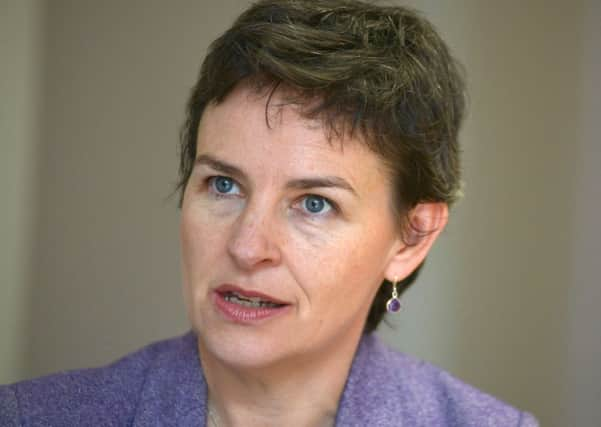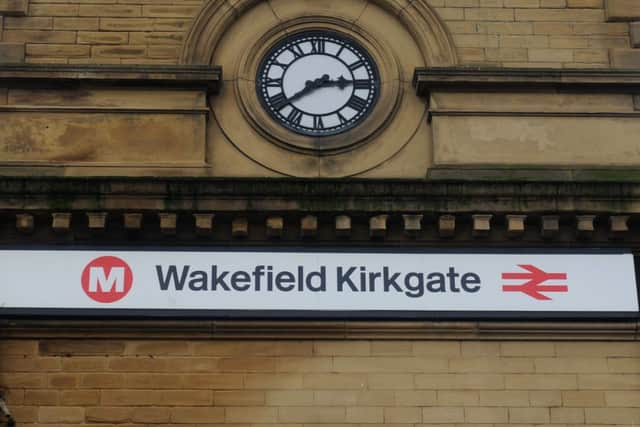Fury as rail fare hikes follow curbs on cheap tickets


Train fares will rise by an average of 3.5 per cent from January, and some will go up by more than five per cent, according to figures released today.
Rail companies are allowed to increase the cost of regulated fares by the Retail Price Index (RPI) measure of inflation, currently 2.5 per cent, plus another one per cent
Advertisement
Hide AdAdvertisement
Hide AdBut they are allowed to add on an extra two per cent for some routes.


The formula means average fares are set to increase by 3.5 per cent from January, but some could go up by as much as 5.5 per cent.
Wakefield MP and shadow transport secretary Mary Creagh called for new restrictions on fare increases.
She said: “Passengers have learned their fares will rise by up to 5.5 per cent next year, potentially costing them hundreds of pounds. We can’t go on like this.”
Advertisement
Hide AdAdvertisement
Hide AdThe price rises mean rail fares will have increased by 25 per cent since 2010, more than twice the rate that average wages have gone up.
Research by the Labour Party shows that the cost of a Wakefield-Leeds season ticket has risen from £784 in 2010 to £992 this year, and will go up to £1,118 by 2018.
The fare increases emerged after transport operator Northern Rail announced new curbs on the use of cheap tickets for rush hour journeys in West Yorkshire.
The tickets will no longer be valid between 4pm and 6.30pm, it was announced last week.
Northern said the majority of peak time travellers would not be affected by the changes to peak fares, which are part of its franchise agreement with the Department for Transport.